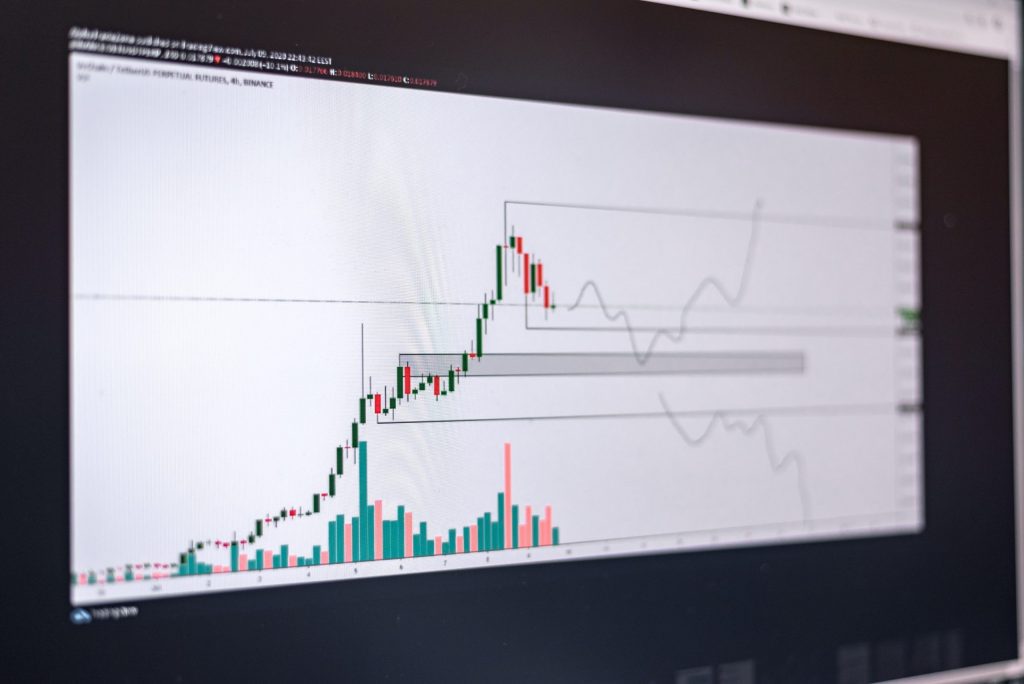
When it comes to investing, there are many different options available. For beginner investors, one option that may be appealing is trading ETFs. ETFs, or exchange-traded funds, are a type of investment fund that allows investors to trade a basket of assets in one transaction. ETFs can be traded on stock exchanges and offer many benefits, including diversification, flexibility, and low costs.
However, beginner investors should be aware of some risks associated with ETF trading before getting started. In this article, we’ll look at the pros and cons of trading ETFs as a beginner investor.
Pros
Diversification
One of the most significant advantages of ETFs is that they offer investors diversification. When you invest in an ETF, you are essentially buying a basket of assets, including stocks, bonds, commodities, or currencies. This diversification can help to mitigate risk and improve returns.
Flexibility
Another advantage of ETFs is that they offer investors flexibility. ETFs can be bought and sold during trading days, unlike many other investment vehicles. This flexibility can allow investors to take advantage of short-term market movements and make profits even in volatile markets.
Low costs
ETFs also tend to have lower costs than other investment vehicles. Because they are traded on stock exchanges, ETFs do not require the use of a broker. Additionally, ETFs often have lower management fees than other types of investments.
Liquidity
Another advantage of ETFs is that they are highly liquid. It means they can be easily bought and sold on the stock exchange. This liquidity can benefit investors who need to access their money quickly.
Tax efficiency
ETFs also offer tax advantages in many cases. Because they are traded on stock exchanges, capital gains from ETF trading are taxed at lower rates than other investments. Additionally, ETFs often have lower distribution yields, which means that investors can potentially save on taxes.
Transparency
Lastly, ETFs offer investors transparency. When you invest in an ETF, you know what assets you are buying and how those assets are performing. This transparency can help an investor to make informed investment decisions and avoid surprises down the road.
Cons
Market risk
One of the most significant risks associated with ETF trading is market risk. It is the risk that the value of your investment will go down due to changes in the overall market. For example, if the stock market crashes, the value of your ETF investments will likely go down as well.
Tracking error risk
Another risk associated with ETFs is tracking error risk. It is the risk that an ETF will not accurately track the performance of its underlying assets. It can happen for many reasons, such as poor management or high expenses.
Liquidity risk
Another risk to be aware of is liquidity risk. It is the risk that an ETF will not be able to be sold quickly enough to avoid losses. It can happen in periods of market volatility or when there is low trading volume.
Exchange-rate risk
Another type of risk to be aware of is an exchange-rate risk. It is the risk that the value of an ETF will change due to changes in foreign exchange rates. For example, if you are holding an ETF that tracks a foreign index and the value of the US dollar falls, the value of your ETF will likely go down as well.
Interest rate risk
Lastly, interest rate risk is another type of risk to be aware of. It is the risk that the value of an ETF will change due to changes in interest rates. For example, if you are holding an ETF that tracks a bond index and interest rates rise, the value of your ETF will likely go down.
Bottom line
As you can see, there are both advantages and disadvantages to consider before making any decisions. Ultimately, it’s up to you to decide whether the pros outweigh the cons and whether ETF trading is suitable for you.



